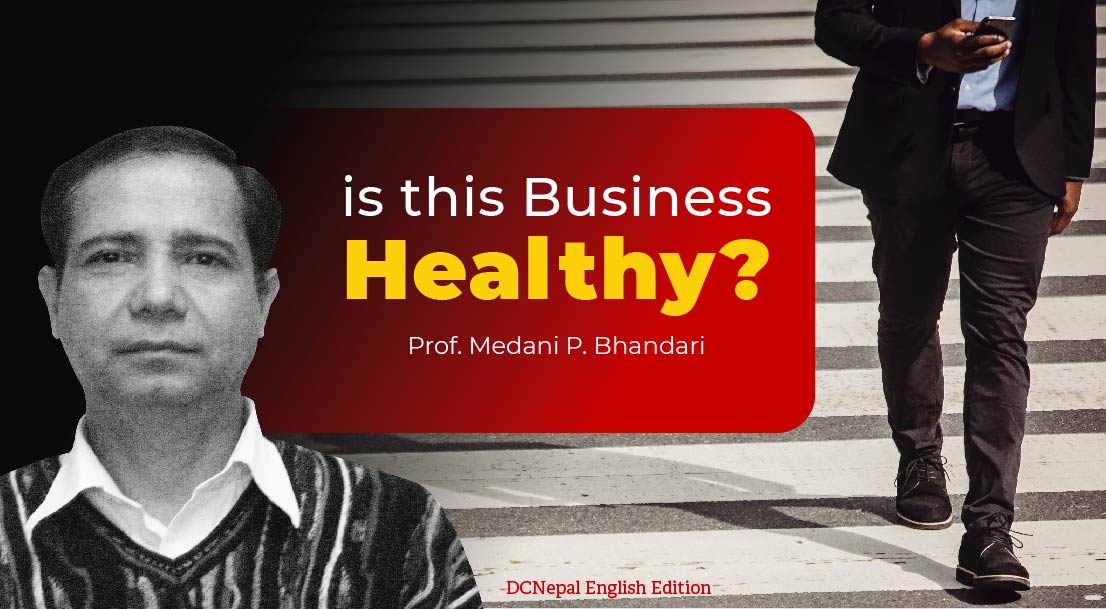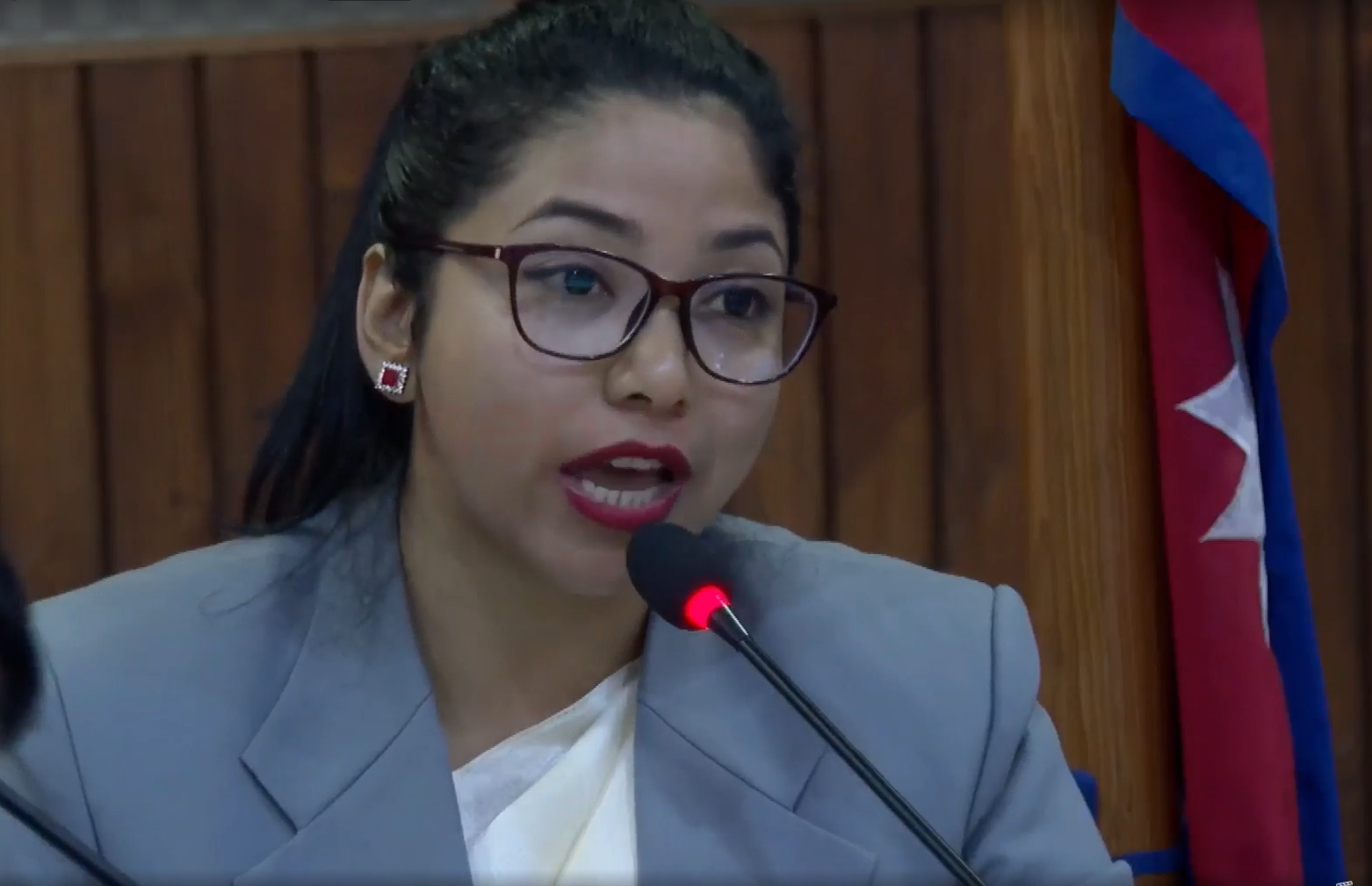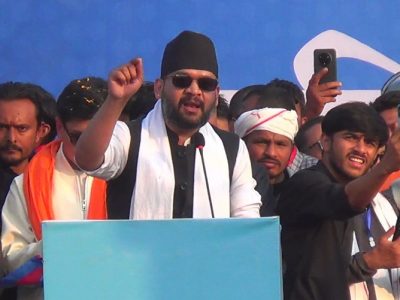All of Us are Busy, is this Business Healthy for the individual and society, in reference to social media

The contemporary world is often characterized by a fast-paced and busy lifestyle for many individuals. There can be several reasons why people are busy, some of which may be related to specific causes, while others may not have a clear cause but are a result of the demands and challenges of modern life.
When the concept of “business” is applied to life patterns in a way that is not healthy for individuals or society, it typically refers to an excessive focus on materialistic pursuits, relentless competition, and the prioritization of personal gain over communal well-being.
Here are a few factors that contribute to people being busy:
Work and Career
Many people have demanding jobs or careers that require long hours, multitasking, and constant attention. The competitive nature of some industries and the drive for success can create a culture of business. However, the Excessive Workload can have a negative impact on individual and social life. A business-oriented life pattern often involves long working hours, high levels of stress, and an overwhelming focus on career advancement. This can lead to physical and mental health issues, such as burnout, anxiety, and a lack of work-life balance.
Technology and Connectivity
The advancements in technology and the proliferation of digital devices have made people more connected and accessible than ever before. While this has its benefits, it also means that people are constantly connected to work, social media, and other online activities, leading to a sense of busyness.
It is observed that due to modern technology, especially due to social media, we often engage ourselves with popular platforms like Facebook, twitter, Instagram etc. or in chat without any particular objective. This is leading individualism and isolation and reduces socialization and social interactions. We are seating at the dinner table together with family, but we are not interested in learning what is going on within the family member but spending time on social media. This situation is more severe in the younger generation.
The impact of social media
The advent of modern technology, particularly social media, has had a significant impact on our social interactions and behaviors. While these platforms have provided opportunities for connection and information sharing, they have also brought about certain challenges and consequences that can contribute to individualism, isolation, and reduced socialization.
Here are some key points to consider:
Distraction and Lack of Purpose: Social media platforms and chat applications can be addictive and time-consuming. Engaging in them without a specific objective can lead to mindless scrolling, distraction, and a lack of focus on meaningful interactions and relationships in the real world. Social media can become a significant source of distraction, taking away valuable time that could be spent on more productive activities such as work, studying, or personal growth. Constantly checking social media feeds and engaging in online discussions can hinder focus and productivity.
Filtered Representations: Social media platforms often present curated versions of people’s lives, highlighting the positive aspects while omitting the challenges and complexities. This can create unrealistic expectations and comparisons, leading to feelings of inadequacy and isolation.
Reduced Face-to-Face Interactions: Spending excessive time on social media can detract from in-person social interactions. Instead of engaging with family members or friends around the dinner table, individuals may be more focused on their digital devices, leading to a decline in meaningful conversations and emotional connections.
Superficial Relationships: While social media allows us to connect with a large number of people, it can result in shallower relationships. Online interactions often lack the depth and emotional intimacy that come with face-to-face conversations and shared experiences.
Impact on the Younger Generation: The younger generation, in particular, may be more susceptible to the negative effects of excessive social media use. Growing up in a digital age, they may face challenges in developing strong interpersonal skills, building empathy, and forming authentic connections with others.
Negative Influence on Mental Health: Social media misuse has been linked to negative impacts on mental health. Excessive use, cyberbullying, social comparison, and exposure to unrealistic standards can contribute to feelings of anxiety, depression, low self-esteem, and loneliness.
Spread of Misinformation: Social media platforms have become breeding grounds for the rapid spread of misinformation and fake news. Misleading or inaccurate information can be easily disseminated, leading to confusion, polarized beliefs, and a lack of critical thinking among users.
Loss of Privacy: Sharing personal information and content without considering privacy settings can have severe consequences. Misuse of social media can result in identity theft, stalking, harassment, and compromised personal and professional relationships.
Negative Social Dynamics: Social media platforms can amplify negative social behaviors, such as cyberbullying, trolling, and online harassment. The anonymity and distance provided by social media can embolden individuals to engage in harmful behavior they may not exhibit in face-to-face interactions.
Addiction and Impaired Well-being: Excessive use of social media can lead to addictive behaviors, impacting overall well-being. Constantly seeking validation through likes and comments, experiencing the fear of missing out (FOMO), and feeling the need to always be connected can result in increased stress, decreased self-esteem, and a diminished sense of personal fulfillment.
It is important to recognize and address these issues to mitigate their impact. Finding a balance between online and offline activities, setting boundaries for social media use, and actively seeking out real-world social interactions can help foster healthier relationships and a sense of community. Encouraging digital literacy, promoting media literacy skills, and educating individuals about the potential negative effects of excessive social media use are also essential in empowering people to make informed decisions about their online behaviors.
Additionally, creating designated technology-free spaces and times, such as device-free family dinners, can help facilitate meaningful connections and conversations within families. Cultivating open communication and genuine interest in each other’s lives can strengthen family bonds and counteract the isolating effects of technology.
Ultimately, it is important for individuals, families, and society as a whole to be mindful of the impact of social media and actively work towards finding a healthy balance between virtual interactions and real-world connections.
Family and Personal Responsibilities: Balancing family and personal responsibilities, such as childcare, household chores, and maintaining relationships, can be time-consuming and demanding, leaving individuals with little free time. No time to the family or Neglect of Relationships can have dare impact is sustaining the good relationship. In pursuit of individual success, one may prioritize work over personal relationships, leading to strained relationships and a sense of isolation. This can result in feelings of loneliness and a lack of emotional support, which are detrimental to overall well-being.
Social Expectations and Commitments: People often feel pressure to be socially active and engaged, which can involve attending events, participating in social activities, or volunteering for causes they care about. These commitments can contribute to a sense of busyness.
Pursuit of Personal Goals: Many individuals strive to achieve personal goals or pursue hobbies and interests outside of work, which can lead to a busy schedule as they dedicate time and effort to these pursuits.
Economic Factors: Financial pressures and the need to support oneself or one’s family can result in individuals taking on multiple jobs or working overtime, leading to a busy lifestyle.
Unethical Practices: The relentless pursuit of success may tempt individuals to engage in unethical practices, such as dishonesty, exploitation, or manipulation. This behavior not only harms others but also erodes trust in society and can have far-reaching negative consequences.
Increased Inequality: A business-oriented life pattern, if not accompanied by a sense of social responsibility, can exacerbate income inequality, and create societal divisions. This can lead to social unrest, lack of empathy, and a diminished sense of collective well-being.
Consumerism and Materialism: A focus on business and individual success can promote a culture of excessive consumerism and materialism. This can lead to overconsumption, environmental degradation, and a disregard for sustainable practices, negatively impacting both individuals and the planet.
While these are some common reasons why people are busy, it’s important to note that not everyone may be busy all the time. People’s levels of busyness can vary depending on their circumstances, priorities, and choices. It’s also essential for individuals to find a balance and prioritize self-care to avoid burnout and maintain overall well-being.
The contemporary world’s fast-paced and busy lifestyle can have various reasons and implications for individuals. While busyness can bring benefits in terms of mental, physical, and social contexts, it can also lead to negative consequences when certain factors come into play.
In a business-oriented environment, where competition is often fierce and success is highly valued, individuals may be driven by self-centered motives. This focus on personal gain can lead to an emphasis on individualism, where people prioritize their own interests over communal well-being. In such a scenario, ethical considerations may take a back seat, and individuals may engage in behavior that prioritizes personal gain without regard for the consequences on others.
Ego, jealousy, and competitiveness can become prevalent in such an environment. People may become overly concerned with their own achievements, comparing themselves to others, and seeking validation through material possessions or social status. This can create a sense of envy and a constant need to outperform others, further fueling unethical behavior.
When individuals are solely driven by self-centered motives, there can be a disregard for ethical principles, leading to deviant behavior. This behavior may involve engaging in dishonest practices, manipulating others for personal gain, or exploiting resources without consideration for sustainability or social consequences.
It is important to note that not everyone in a busy and competitive environment exhibits these negative behaviors. Many individuals successfully balance their personal aspirations with ethical considerations and maintain healthy relationships. However, the overall culture and values prevalent in a given context can significantly influence the behavior of individuals within it.
To address these concerns, it is essential to promote a culture that values ethical conduct, collaboration, and empathy. Encouraging a sense of community and interconnectedness can help mitigate the negative effects of individualism and foster a more balanced and ethical approach to success. Additionally, education and awareness about the importance of ethical behavior and its long-term benefits can play a crucial role in shaping individuals’ attitudes and actions.
It is crucial to find a balance between personal aspirations and the well-being of oneself and others. Prioritizing holistic well-being, nurturing relationships, practicing ethical behavior, and considering the broader social impact of our actions can help counteract the negative effects of an unhealthy business-oriented life pattern. Society as a whole should also strive to promote values that prioritize the common good, social justice, and sustainable practices.
Ultimately, creating a sustainable and harmonious society requires a collective effort to strike a balance between personal aspirations and the well-being of others, all while upholding ethical values and fostering a sense of community.
Prof. Medani P. Bhandari, PhD, is well-known humanitarian, poet, essayist, and author of hundreds of scientific papers and many books on climate science, sustainability, biodiversity, social theories and practices and inequalities. Currently, he is serving at Gandaki University, Nepal, Akamai University, USA and Sumy State University, Ukraine with various capacity. He is motto is to give back to the society, whatever, he has learned, earned, and experienced.
Facebook Comment
latest Video
Trending News
- This Week
- This Month




















